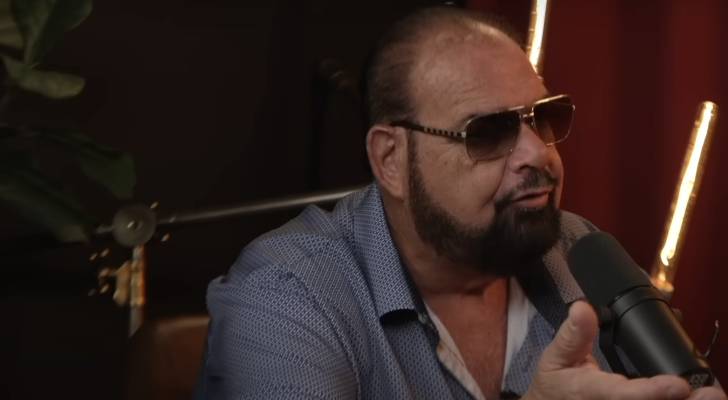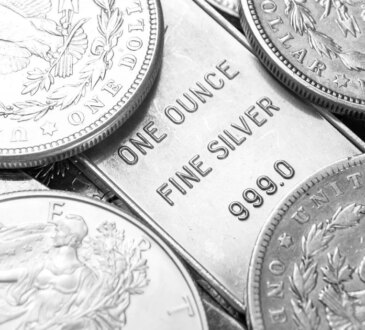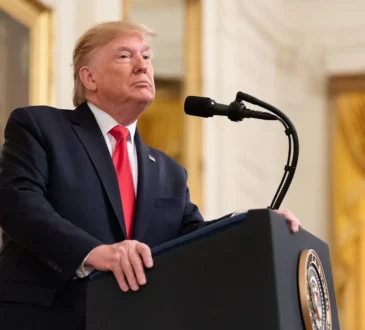Business mogul Ben Mallah claims he’s earned ‘infinite returns’ on American real estate — here’s the method he uses

Moneywise and Yahoo Finance LLC may earn commission or revenue through links in the content below.
Real estate has long been known for generating significant returns, helping investors build wealth steadily over time. However, according to real estate mogul and YouTube personality Ben Mallah, the potential gains can far exceed even the most ambitious expectations.
During an appearance on “The Iced Coffee Hour” podcast with Graham Stephan and Jack Selby, Mallah shared his preferred wealth-building strategy in real estate.
“Every time I had a property, I improved it and I went and I increased the value in it, I would refinance it … because that’s a non-taxable event — pull my money out of it and still cash flow,” he explained.
Refinancing a property involves replacing the existing mortgage with a new loan. If the property has appreciated in value, an investor can often take out a larger loan based on the higher current value. For example, in a cash-out refinance, an investor takes out a larger loan, uses it to pay off the old mortgage, and receives the remaining balance as cash. Since the proceeds from a refinance are technically a loan rather than income, they’re generally not subject to taxes. This strategy allows investors to tap into the property’s equity while still retaining ownership and cash flow.
This is a real estate investment strategy more commonly known as the BRRRR method, where BRRRR stands for buy, rehab, rent, refinance and repeat.
Mallah emphasized how this approach transforms his returns. “The ultimate goal to me, has always been in real estate is, you buy something, you improve it — now it’s worth more money, then you get your money back. So now I have nothing invested in my property, but I still cash flow. What kind of return is that?” he asked.
“Infinite,” both Mallah and Stephan replied. Let’s take a closer look at the math behind this claim.
Mallah described a strategy where, once a property’s value has increased, you “get your money back” through refinancing. By pulling out his original investment, Mallah is no longer out-of-pocket on the property, yet it continues to generate rental income.




